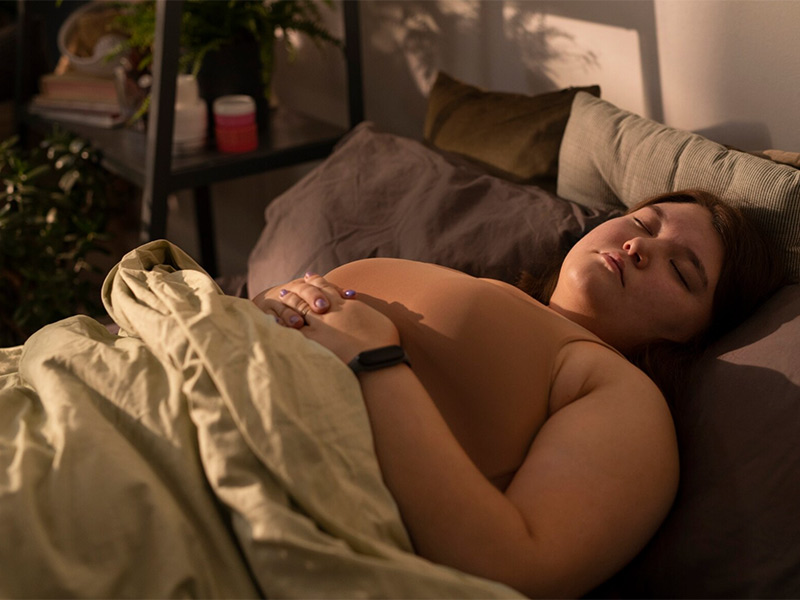
06 Nov Sleep with humidity: the great night battle
The night battle against moisture is a struggle that many of us have experienced at some point. Whether for a rainy day or a poorly ventilated room, the humidity can become a nightmare for our sleep. From Humilogic, we will explore the effects of sleeping with humidity and some tips to face this night challenge.
The impact of sleeping with humidity
Sleeping in a humid environment can have several negative effects on our sleep and well-being:
- Excessive sweating: if you have this problem in your bedroom, your body may sweat more than normal, this can be uncomfortable and can cause you to wake up at night.
- Breathing problems: moisture can worsen breathing problems, such as allergies and nasal congestion, making breathing difficult and causing snoring.
- Skin discomfort: this problem can irritate the skin and increase the risk of dermatological problems, such as rashes and acne.
- Damage to the structure of the room: humidity can also have adverse effects on the structure of the room, such as damaging the walls and ceiling, and favoring the appearance of mold and fungi on surfaces.
Can odors be experienced when sleeping with humidity?
Yes, sleeping in a humid environment can lead to the experience of bad smells. Excessive humidity in a room can encourage the proliferation of mold, fungi and bacteria, which can trigger unpleasant odors. As we said before, moisture is the perfect breeding ground for mold and fungi. These microorganisms can grow on walls, ceilings, carpets and other places in the room, releasing unpleasant odors. In addition, it can also promote the proliferation of bacteria. When these bacteria break down organic matter in the moist environment, they can release foul-smelling gases.
Bad smells are not only unpleasant, but can also affect sleep quality and comfort. In addition, constant exposure to unpleasant odours can have negative effects on overall health and well-being.
Tips to combat humidity in the room
Humidity in the room can be annoying and harmful to the quality of life. In addition to causing discomfort, excessive humidity can lead to health problems and material damage.
- Ventilation: it is key to reduce humidity. Open the windows during the day to allow air to circulate, thanks to the ventilation you will get the room dry. If possible, use fans to improve air circulation.
- Dehumidifier: are devices designed to extract moisture from the air. You can use them in specific areas or throughout the room, depending on your needs. Make sure to regularly empty the dehumidifier’s water tank.
- Leak repair: if you have water leaks in ceilings, walls or pipes, it is important to repair them immediately. Leaks can be a significant source of moisture in the home.
- Air conditioners: air conditioning not only cools the air, but also reduces humidity. Make sure to keep your air conditioning unit in working order.
- Drying clothes indoors: drying clothes indoors releases moisture in the air. When possible, dry clothes outdoors or in a dryer.
- Plants: they release moisture during the transpiration process. If you notice that humidity is a problem, reduce the amount of plants inside the room.
- Sealing and insulation: make sure windows and doors are sealed properly. Using sealants and good insulation can prevent moisture from entering from the outside.
In Humilogic, we have professionals who will make a treatment against humidity in your home to say goodbye forever. If you want more information about what we can offer, do not hesitate to contact us.
